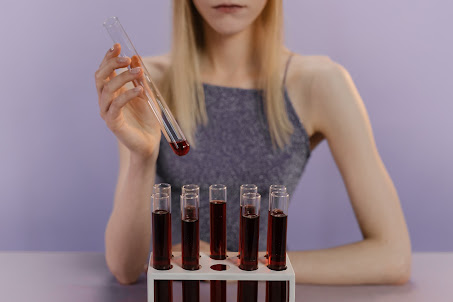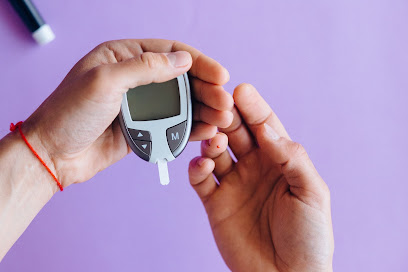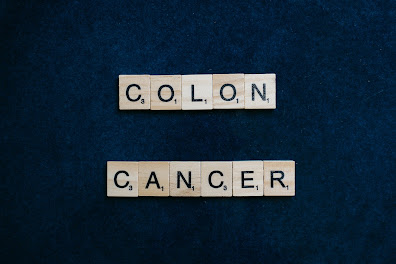Blood in the stool
The structure of the lower body is very vascular. The anal part of the human body is one of the most used parts of the body. Since people must eat, a normally functioning body must excrete waste after food is digested and the waste products are excreted through the intestines and anus.
The vascular nature of the intestine means that there are many blood vessels, and these vessels can burst and bleed. Which can be a symptom of various conditions. Blood in the stool can be dangerous if it is washed away after a bowel movement or from a test ordered by a healthcare provider. Although blood in the stool can state a serious problem, it may not always be the case.
Blood in the stool can be dangerous if it is washed away after a bowel movement or from a test ordered by a healthcare provider. Although blood in the stool can state a serious problem, not always. Here's what you need to know about the possible causes of blood clots and what your doctor should do if there's a problem. The color can vary from bright red to dark maroon. The etiology of blood in the stool can vary from benign (non-cancerous) to malignant (cancerous).
Spotting (bleeding from below) often feels like a small amount of bright red blood on the toilet paper or a few drops that turn the toilet water pink. Generally, bright red blood means the bleeding is coming from a nearby site. This is a symptom of a lump (hemorrhoid) or small tear (anal fissure) in the skin of your anus and anus.
Although this is a common problem, don't let your embarrassment stop you from seeing a doctor. Rectal bleeding should always be checked to rule out more serious causes. About 10% of adults experience rectal bleeding at many sites. If the blood is darker in color and thicker, the blood may be higher in your digestive system. This type of blood can make your stools black or plum-colored (called melaena). Yellow, dark, sticky stools can be a medical emergency - see your doctor right away.
Causes of Blood in the Stool Blood in the stool means that there is bleeding anywhere in the digestive system. Sometimes very small amounts of blood can only be detected by a fecal occult blood test (which checks for occult blood in the stool). Other times, it can appear on toilet tissue or in the toilet, like bright red blood after a bowel movement. Bleeding that occurs higher in the digestive tract can be dark and black.
Among the unusual causes of bleeding are "anticoagulant drugs" such as warfarin or aspirin, which are taken to reduce the chance of blood clots but can sometimes cause internal bleeding. • inflammatory bowel disease – such as Crohn's disease or ulcerative colitis. This long-term condition causes inflammation of the intestinal lining. Crohn's disease affects the upper part of the intestine, while ulcerative colitis affects more of the colon and rectum. Both cause bloody diarrhea. ¢ Colon polyps – small growths in the lining of the colon or rectum. This is normal and usually causes no symptoms, but may cause a small amount of blood in the stool. Although usually harmless, colon polyps can grow, bleed, and become cancerous.
A colon polyp is a growth of the colon or mucosa, colon, or large intestine. Colon cancer is known to originate from colon polyps. The three main types of colon polyps are hyperplastic, inflammatory, and adenomatous. Most colon polyps are benign (non-cancerous), but adenomatous colon polyps have the greatest potential to develop into colon cancer.
Signs and symptoms of colon polyps may include blood in the stool, constipation, and diarrhea. Most colon polyps do not cause signs or symptoms, which makes colon cancer screening with a colonoscopy at age 50 important. Colonoscopy allows the removal of colonic polyps for microscopic examination. In some cases, removing the colon polyp is curative and can prevent colon cancer from developing in the future. Colonic polyps rarely recur after complete removal. Transmitted Infections (STIs) – Any sexual activity involving the anal area can spread STIs, which can sometimes cause rectal bleeding. Read more about the risks of anal sex. The first question is
Colon cancer?
Many people who have the heavy bleeding worry that they have colon cancer. Although spotty bleeding can be an early sign of colon cancer, there may be other factors that make your doctor think you are at risk. If you have rectal bleeding, you should see a colon cancer specialist immediately and: 40 or older, have more frequent bowel movements in the past six weeks.



Comments
Post a Comment